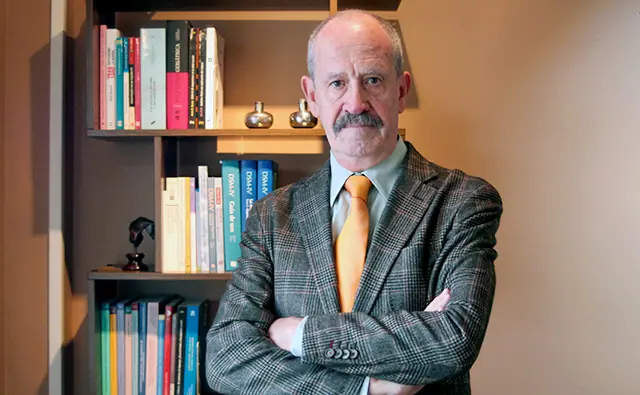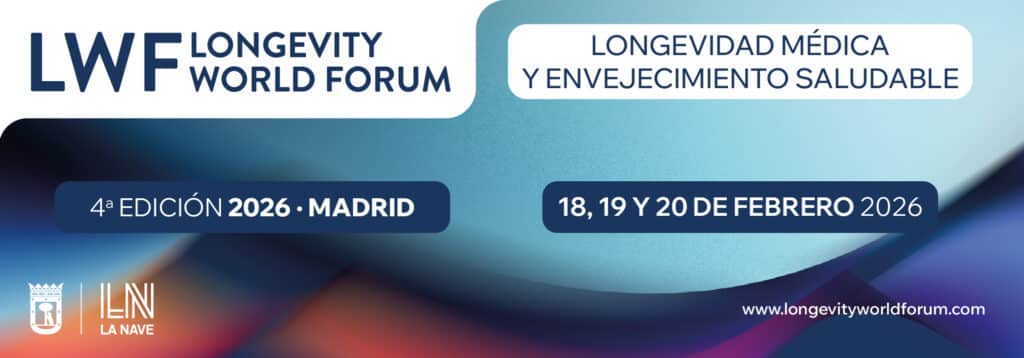Dr. José Luis Marín - national and international reference in psychiatry, psychotherapy and psychosomatic medicine - maintains a critical stance towards the over-medicalisation of human suffering. From their platforms formacionpsicoterapia.com y joseluismarinpsychiatrist.comadvocates a a holistic and humanistic view of mental healthin which the depression not only from the biological or pharmacological point of view, but also from the biological and pharmacological point of view. emotional, relational and social.

In her courses and publications, Marín stresses that many people diagnosed with depression are actually going through a period of depression. life crises, bereavement or adaptive processes for which treatment with psychotropic drugs is not always necessary. Instead, it proposes brief and focused psychotherapeutic interventionswith proven and sustainable results.
At a time in history when mental health has gained visibility but also risks being reduced to diagnostic labels and standardised treatments, the psychiatrist and psychotherapist Dr. José Luis Marín proposes a profoundly humanist, integrative and critical of the medicalisation of suffering.
With more than four decades of clinical and teaching experience, and as a reference point for psychosomatic medicine and brief psychotherapy in Spain, Dr. Marín insists that Depression cannot be understood solely as a chemical or brain imbalance.but as a human response to complex life circumstances.
"Often what is diagnosed as depression is actually a form of suffering in the face of loss, meaninglessness, isolation or unresolved conflict," says Dr. Marín. "Not all malaise is pathology, and not everything can be solved with pills."
From his point of view, the current clinical model tends to medicalise what are basically existential, relational or social problems.. This tendency, according to Marín, leads to the invisibility of the root causes of discomfort, while at the same time generating dependence on quick fixes that do not transform the source of suffering.
Instead of pigeonholing the patient into a closed diagnosis, Marín advocates an approach that focuses on the patient's patient life historyIts narrative, its environment, its links and its capacity for transformation.

Brief psychotherapy: effectiveness without chronification
One of its main contributions has been the implementation of psychodynamically based Brief Psychotherapy in Spain.The model has been adapted and developed by him for clinical and training application.
The pillars of this approach are:
- Respect for the pace and resources of the patient.
- The exploration of current and past emotional conflicts.
- Working with the therapeutic bonding as a tool for change.
- And a limited duration that avoids the chronification of aid.
"Brief psychotherapy is not a reduced technique, it is a focused, deep and effective intervention, based on a complex understanding of the human being".
For Marín, the diagnosis of depression cannot be detached from the life context. Grief, loneliness, personal or professional frustration, emotional disconnection or lack of a life plan can generate symptoms similar to those of clinical depression, but require completely different interventions.
Furthermore, it considers that mental health must be approached from a psychosocial perspectiveThe study was carried out in the context of living conditions, precariousness, social isolation and cultural values that influence subjective well-being.
From his training work in the Master's in Brief Psychotherapy and his many publications, Dr. Marín continues to promote the development of a silent revolution in mental health carebased on closeness, critical thinking and re-humanisation of the therapeutic act.
"Medicine must go back to listening. To look people in the eye. To understand rather than diagnose. And to accompany rather than medicate".







